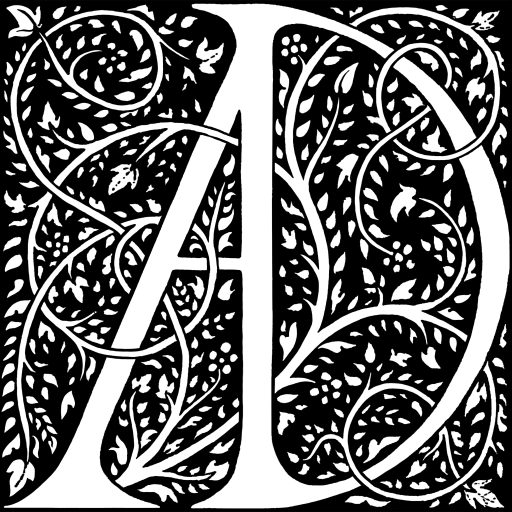21st November 2023, 8pm
University Church of St Mary the Virgin, Oxford
A reconstruction of late Medieval English liturgy, featuring works by Ludford, Sutton and Tallis.
The Use of Sarum was the predominant liturgy used in the South of late-Medieval England. It traces its history back to the Norman conquest, and is very similar to various Northern French uses. Henry VIII suppressed the other English uses, and Sarum briefly became the only English Use, until 1549 when Henry’s heir, Edward VI replaced it wholesale with a series of increasingly Reformed prayer books. Sarum enjoyed a short-lived resurgence under Mary I until Elizabeth I suppressed it again in favour of the Prayer Book. Many aspects of this reconstruction will be familiar to fans of choral evensong: the Magnificat, Nunc Dimittis and anthem at BCP evensong being drawn from Vespers, Compline and the Salve respectively. This service reconstructs a service from around the middle of Henry VIII’s reign; the earliest composer is John Sutton who flourished around the late fifteenth century. We will be performing his setting of the Salve Regina for seven voices, as found in the Eton Choirbook. Nicholas Ludford’s (d. 1557) six-part Magnificat “Venerabilis and Benedicta Es” is taken from the Caius Choirbook, and is in a similar style to the Sutton. The Vespers office hymn is a contrafactum of a setting by Thomas Tallis (d. 1585) to the same plainsong melody with organ verset (also by Tallis). The Compline office hymn is a realisation by Antiquum Documentum director, Alexander Trowell, in the style of how it is thought late Medieval choirs would have improvised polyphony.
